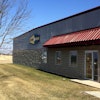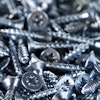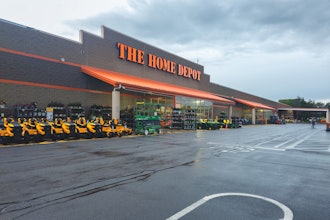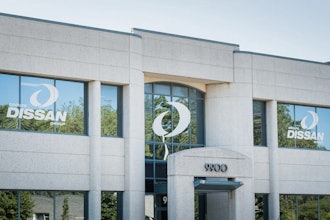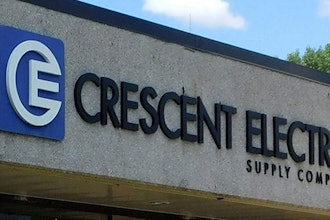NEW YORK (AP) — Consumer confidence rose in February to its highest point in three years as Americans feel more optimistic about their income prospects and the direction the economy is headed, a private research group reported Tuesday.
The Conference Board says its Consumer Confidence Index climbed to 70.4 this month, up from a revised 64.8 in January, hitting its highest level since February 2008. It was the index's fifth consecutive monthly increase.
The figure topped economists' expectations of a reading of 65, according to FactSet.
The strength of the stock market and falling unemployment are lifting Americans' spirits in spite of rising gasoline and food prices and a still-weak housing sector. In addition, Americans started seeing more money in their paychecks in January after a cut to the Social Security tax, which could translate into stronger spending.
"Since November there has been a gradual improvement in the consumer mood, but it's not happy days are here again," says Chris Christopher, an economist with IHS Global Insight. "Household net worth is still about $10 trillion below its peak, and with what's going on in the housing market now, it doesn't look like that's going to improve anytime soon."
The S&P/Case-Shiller index of home values in 20 U.S. cities fell 2.4 percent last year, the group said Tuesday, and economists predict foreclosures will increase this year. The Conference Board found that the number of families who plan on buying a home in the next six months fell to 4.4 percent in February from 5.2 percent in January.
While consumer confidence is rising, continued troubles in the housing market and other lingering effects of the recession are keeping the index well below the 90-plus readings that signal a stable economy. Confidence fell off a cliff after the U.S. housing bubble burst and the financial crisis took hold in 2007.
The index dropped below 90 in January 2008 and hit an all-time low of 25.3 a year later. While confidence and spending have been inching back up as business conditions improve, Americans are still feeling cautious, especially when it comes to the job market.
Unemployment fell 0.4 percentage points in January after dropping the same amount in December, but the rate remains at 9 percent, a historically high level. That may be one reason consumers' assessment of present-day business and employment conditions improved only moderately in February.
Those saying jobs are "plentiful" edged up to 4.9 percent from 4.6 percent in January, while those stating that business conditions are "good" rose to 12.4 percent from 11.3 percent. However, the number of respondents who said they expect more jobs to be created in the months ahead slipped to 19.8 percent from 20.8 percent.
Henry Snyder, a resident of Charleston, S.C., who recently completed a master's degree in school counseling, says job availability in his area remains limited, especially for young people. Many of his friends who are a few years out of college are still working the same low-paying jobs they took while students.
"They don't want to quit a job — any job — without some confidence they'll be able to get a new one," he said.
While Americans' assessment of current business conditions "remains rather weak," the Consumer Confidence Index is at a three-year high "due to growing optimism about the short-term future," says Lynn Franco, director of the Conference Board Consumer Research Center.
Consumers' short-term outlook has improved since January. The share of respondents who expected business conditions to improve over the next six months increased to 24.4 percent from 24.0 percent, while the number who expected business conditions to worsen declined.
"I'm definitely feeling better about how things are going," said David Liang of Manhattan. "With the stuff I pay attention to, unemployment isn't too bad and inflation is still pretty low. I don't have a car, so I'm not worried about gas prices."
Retail sales rose 0.3 percent in January after rising 6.6 percent in 2010 over the prior year. During the 2010 holiday shopping season, sales increased at the fastest rate in six years, although spending growth slowed in January as a rash of severe winter storms across the nation kept people out of stores.

